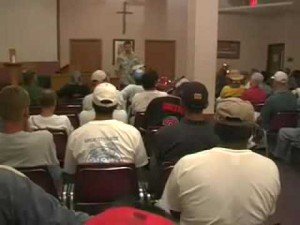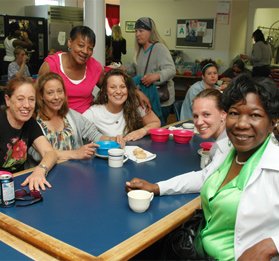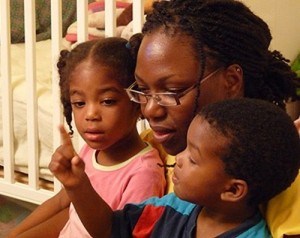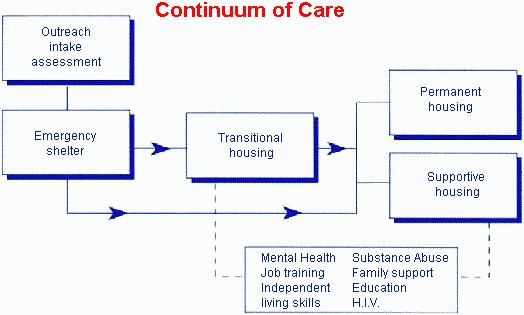Motivating Addiction Recovery Program Participants (Part 2)
When I came to Kansas City in 1990 and my focus turned from direct involvement to training people to become addition counselors and helping them to manage more effective programs. However, I’ve stayed in touch with the “hands on” dimension of recovery work by volunteering at local rescue missions and for other organizations that help addicts and their families. Conducting chapel services for program participants and interacting with them is something I always look forward to doing.

One local mission, the Kansas City Rescue Mission, where Joe Colaizzi serves as executive director, is an example of a rescue mission recovery program that is doing a lot of things right. Their recent follow-up efforts reveal that for three years running, 70% of their graduates are still sober for year or more after leaving the mission. This is a very good rate of success. So, what are some of the things they are doing to promote such success?
Motivating Addiction Recovery Program Participants (Part 2) Read More »




 Many people still think of rescue missions as places where homeless people find housing, food and spiritual instruction. Yet, those of us who are involved in this field know that unless their deeper spiritual, emotional, physical, and social needs are addressed, homeless people will never attain stability in their lives. Many suffer from mental illness, addiction to alcohol and/or drugs, and various medical problems. Some cannot read, lack high school diplomas, and do not possess basic skills needed to find and keep a job. These and other complex problems keep people on the streets.
Many people still think of rescue missions as places where homeless people find housing, food and spiritual instruction. Yet, those of us who are involved in this field know that unless their deeper spiritual, emotional, physical, and social needs are addressed, homeless people will never attain stability in their lives. Many suffer from mental illness, addiction to alcohol and/or drugs, and various medical problems. Some cannot read, lack high school diplomas, and do not possess basic skills needed to find and keep a job. These and other complex problems keep people on the streets.




 My friend Tim pastors a church in Denver, and he talks a lot about the “Y’all Come In” mentality. In that view, if the church opens the door and puts down a welcome mat, that’s enough.
My friend Tim pastors a church in Denver, and he talks a lot about the “Y’all Come In” mentality. In that view, if the church opens the door and puts down a welcome mat, that’s enough.